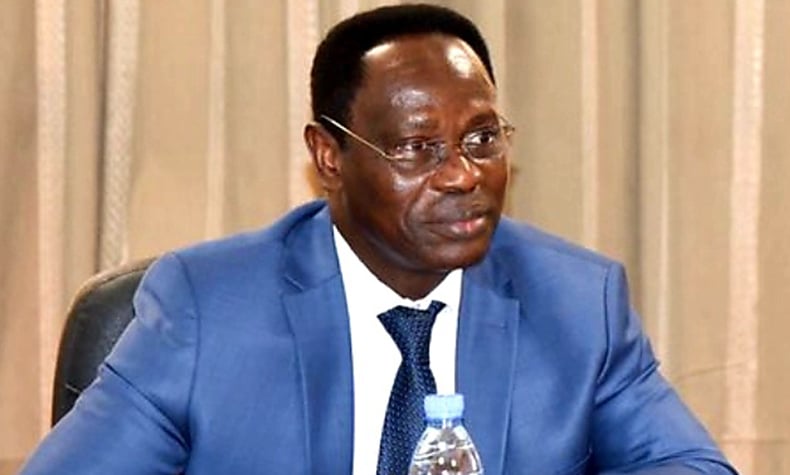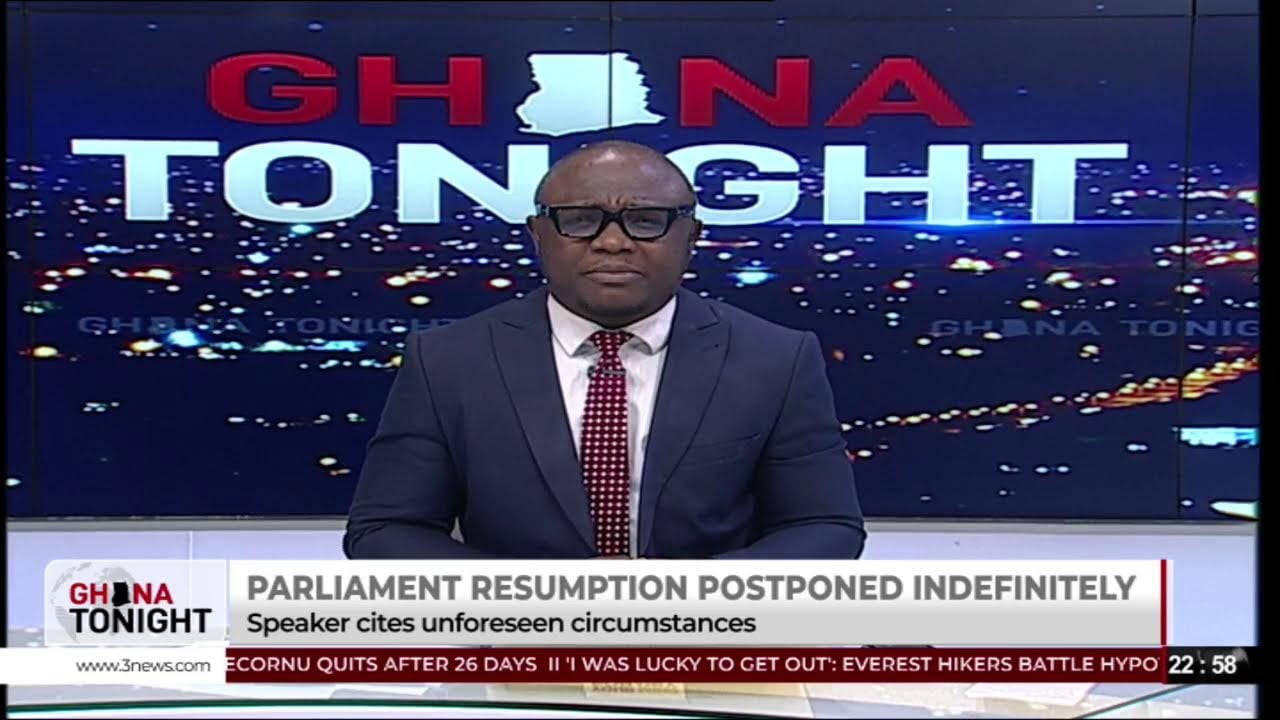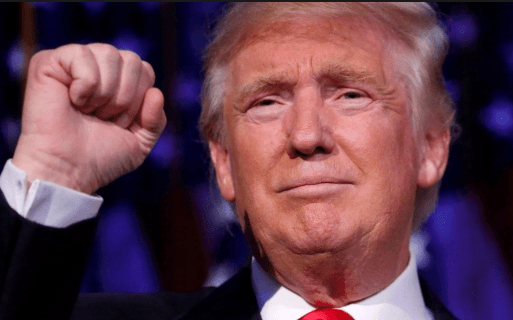
If leadership were a car, communication would be the engine. Sadly, in much of Africa, we keep polishing the bodywork while ignoring the oil leak.
We hold leadership retreats at luxury resorts, deliver mission statements longer than a Nollywood movie script, and issue press releases full of “strategic imperatives.” But when the microphone comes on, too many leaders sound like they’re reading from a user manual translated from Mandarin.
It’s time we faced the truth: Africa’s most undervalued leadership resource isn’t money, minerals, or manpower—it’s communication.
1. Visibility without clarity is just noise
Across the continent, leaders love visibility. We cut ribbons, pose for group photos, and appear on every media platform that will have us. But visibility without clarity is like wearing a bright suit with no sense of direction—you’ll be noticed, but nobody will follow you.
Great communicators like Nelson Mandela, Ellen Johnson Sirleaf, and Kwame Nkrumah didn’t just speak—they translated vision into language people could believe in. They understood that communication is not about being seen, but about being understood.
The challenge for modern African leaders—whether in government, business, or community—is to move from performance to connection. From speaking at people to speaking with them.
2. Our cultural edge: storytelling
The good news? Communication is woven into our DNA. Africans are born storytellers. Before we had PowerPoint, we had firelight. Before we had data visualization, we had drumming, dancing, and proverb-sharing to explain complex truths.
Our ancestors didn’t need MBAs to convey strategy. They used stories to pass on wisdom, shape behavior, and unite communities. “When the roots of a tree begin to decay,” goes a Yoruba proverb, “it spreads death to the branches.” That’s crisis communication in 12 words.
So why have we traded vibrant storytelling for corporate jargon like “synergistic stakeholder engagement”? Let’s rediscover our gift for narrative. When leaders tell stories rooted in culture, people listen, remember—and act.
3. Listening: the forgotten half of leadership
Most leaders can talk for hours, but how many can listen for ten minutes without checking their phones? The art of listening—truly listening—is rare and revolutionary.
When Rwanda’s Paul Kagame began rebuilding after the genocide, one of his smartest strategies was gacaca—community courts that allowed citizens to speak, listen, and heal. That was communication in its purest form: dialogue, not monologue.
Listening signals respect. It builds trust. And trust is the real currency of leadership.
4. Digital Africa: everyone’s a broadcaster
Today, thanks to social media, every leader—political or corporate—has a megaphone in their pocket. But power without training is a dangerous thing. A poorly timed tweet can ignite outrage faster than a generator in a blackout.
Leaders must learn to use digital tools strategically, not emotionally. Communication in the digital era requires discipline, authenticity, and clarity. In short: think before you post.
5. Communication as capacity
Imagine if communication training were treated as seriously as fiscal management or infrastructure development. Ministries would brief citizens clearly. CEOs would inspire employees instead of intimidating them. And journalists would tell stories that inform and unite rather than divide.
Strong communication is not “soft skill”—it’s smart strategy. It shapes perception, drives cooperation, and creates opportunity.
6. The leadership equation
Africa’s next generation of leaders will not rise because they shout louder—but because they speak clearer. Leadership without communication is like a drum without rhythm: loud, but directionless.
To lead Africa into the future, we must rebrand communication from “something nice to have” to “something essential to do.”
After all, as the Ewe say, “Wisdom is like a baobab tree; no one person can embrace it.” But through communication—clear, authentic, and human—we can at least start building the ladder.
Moral of the story
If you want to lead Africans, speak to their minds but connect through their hearts. Communication isn’t decoration—it’s transformation. And Africa, more than ever, is ready for leaders who can do both.
>>> Kafui Dey helps professionals to communicate their ideas clearer. WhatsApp or call him on 233 240 299 122.
The post On Cue with Kafui Dey: Why communication is Africa’s untapped leadership resource appeared first on The Business & Financial Times.
Read Full Story















Facebook
Twitter
Pinterest
Instagram
Google+
YouTube
LinkedIn
RSS